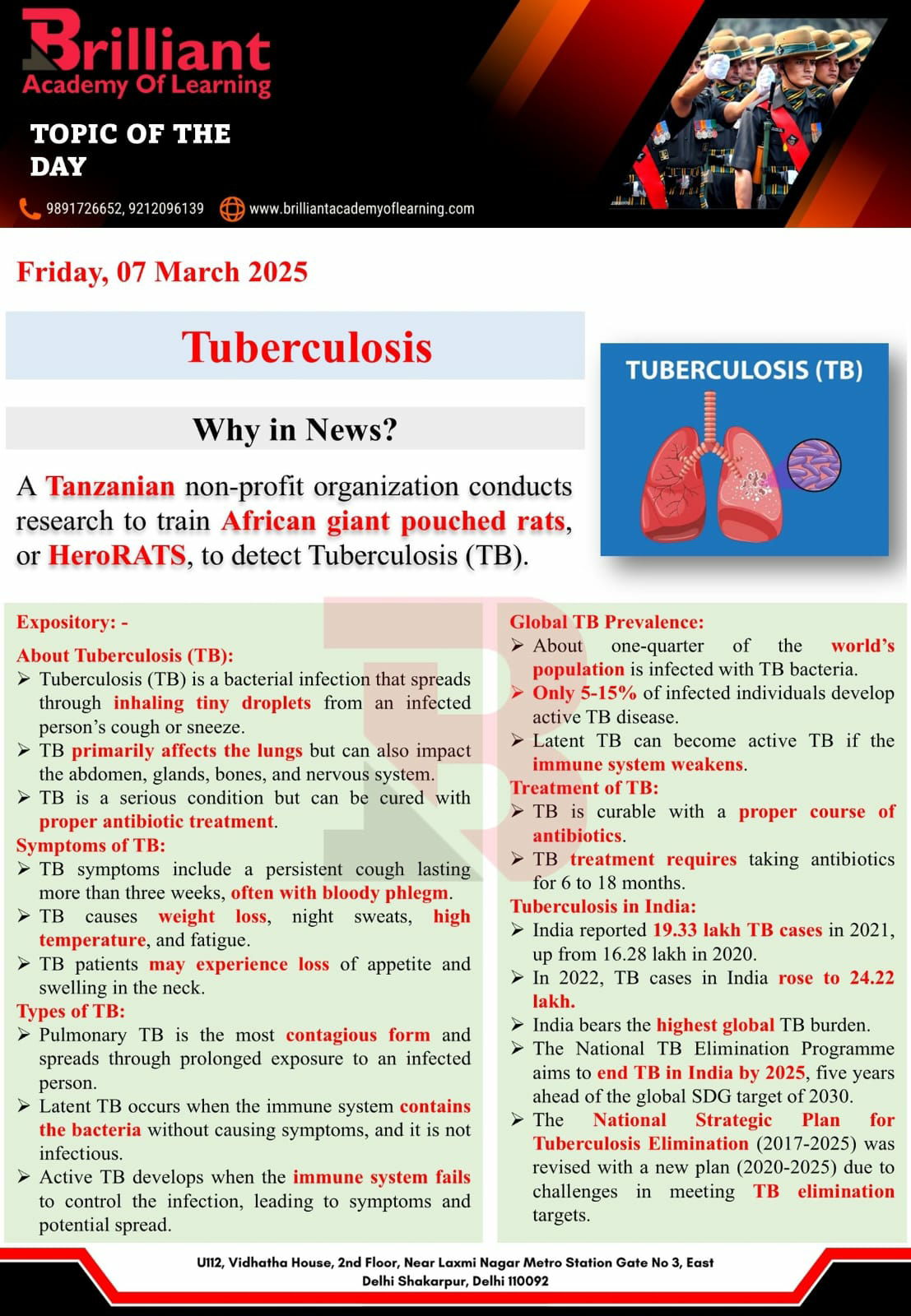What you must have in your home during this period of Covid 19 and which medicines or what treatments Doctors prescribe ?
What you should have in your home in this Covid 19 period ?
1. Oxymetre (Your oxygen levels should be above 94.)
2. Vapouriser ( Taking steams 3 to 4 times is highly beneficial)
3. Pay special attention to Vitamin C Supplements (Citrus Fruits, Awla ,Lemon ,Oranges) and Zinc Supplements ( Boiled Egg , Milk) and Multi vitamins with Zinc capsule.
4. Exercising kits or you can do yoga .
5. Nutrious and Hygienic food and take sufficient warm water .
What is pulse oximetry?
Pulse oximetry is a test used to measure the oxygen level (oxygen saturation) of the blood. It is an easy, painless measure of how well oxygen is being sent to parts of your body furthest from your heart, such as the arms and legs.
A clip-like device called a probe is placed on a body part, such as a finger or ear lobe. The probe uses light to measure how much oxygen is in the blood. This information helps the healthcare provider decide if a person needs extra oxygen.
What is vapouriser ?
In every change of season, your immune system might not be able to resist all infections of the season. Whenever you catch a cold, taking steam is considered as one of the most effective solutions for cold, cough, bad throat and more. If you are one of those who catch these respiratory infections quite often, it is wise to keep a vaporizer at home to take steam.
Which medicines are being prescribed by eminent Doctors for Covid 19 patients in India ?
You don't need to go to the hospital if you have basic COVID-19 symptoms, like a mild fever or cough. If you do, many hospitals will send you home.
If your case is severe, members of the medical staff will check for signs that the illness is causing more serious problems. They might:
Check the levels of oxygen in your blood with a clip-on finger monitor
Listen to your lungs
Give you a COVID-19 test. This involves putting a 6-inch cotton swab up both sides of your nose for about 15 seconds.
Give you a chest X-ray or CT scan
You may get extra oxygen through two small tubes that go just inside your nostrils. In very serious cases, doctors will connect you to a machine that can breathe for you, called a ventilator.
You may also get fluids through a tube, or IV, in your arm to keep you from getting dehydrated. Doctors will also closely monitor your breathing. The goal is for your infection to run its course and for your lungs to heal enough that they can breathe on their own again
Your doctors may give you an antiviral medicine called remdesivir (Veklury). Remdesivir is the first drug approved by the FDA for treatment of hospitalized COVID patients over the age of 12. Research shows that some patients recover faster after taking it. Remdesivir was created to fight Ebola, but the FDA has issued an emergency use ruling so doctors can use it against COVID-19.
Your doctor might also give you medication to thin your blood and prevent clots.
If you take drugs such as angiotensin-converting enzyme (ACE) inhibitors, angiotensin receptor blockers (ARBs), or statins for other health problems, your doctor will tell you to continue them as usual.
The FDA has issued an emergency use authorization (EUA) for two drugs called monoclonal antibodies to treat COVID-19. Casirivimab and imdevimab can be given to high-risk patients who have recently been diagnosed with mild to moderate illness to lower levels of the virus in their bodies and lower the risk of hospitalization.
Many clinical trials are underway to explore treatments used for other conditions that could fight COVID-19 and to develop new ones. The FDA is also allowing clinical trials and hospital use of blood plasma from people who've recovered from COVID-19 in order to help patients with severe or life-threatening cases. You'll hear this called convalescent plasma.
Clinical trials are under way for other medications, including tocilizumab, which has been used to treat autoimmune conditions and an inflammatory condition called cytokine release syndrome.
The FDA has rescinded its emergency authorization for the use of hydroxychloroquine and chloroquine to treat people who are hospitalized with COVID-19 amid serious concerns about their safety and how well they worked against the virus. The medications are approved to treat malaria and autoimmune conditions like rheumatoid arthritis and lupus.
One study found that dexamethasone, a common steroid medication, can help people who are hospitalized with severe COVID-19 complications. But the findings are preliminary, and the researchers haven’t released the full study.
Today on 23rd April 2021 DCGI has approved single dose injection of Zydus Cadila - Virafin in moderate Covid cases.
Note - These views have been compiled from authentic sources. I don't claim originality of these ideas. Special Thanks to the experts .
Brilliant Academy



Comments
Post a Comment